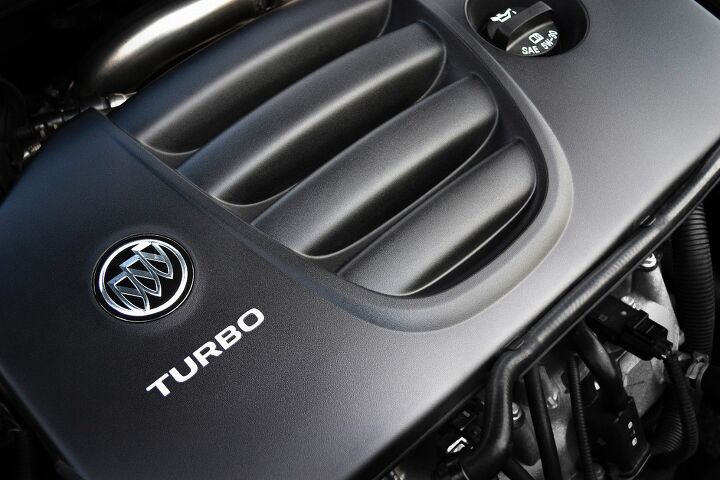#EmissionsRegulation
New EPA Chief Promises Tougher Vehicle Rules by Summer
With environmental regulations being a cornerstone of the Biden-Harris platform, the administration’s newly installed Environmental Protection Agency head has signaled that changes are coming over the summer. However, before that can take place, Administrator Michael Regan said wants to make some big changes within the agency that he believes will bring it back to the way it operated before being restructured by the Trump administration.
In the meantime, the EPA will be actively revising the previous president’s relaxed fuel economy standard designed to give the industry some flexibility in terms of keeping larger vehicles and traditional powertrains on sale — something we’ve covered repeatedly as it ended up being the proverbial football in the highly political American gas war. Considering Mr. Regan’s history of praising California’s climate response and energy protocols, his allegiances in the conflict should be obvious. However, he has also suggested that the EPA needs to make decisions on what’s feasible, indicating he may not push for extreme measures. Though he has not drawn any lines in the sand when it comes to potential bans of internal combustion vehicles or stringent penalties for power plants and oil refineries.
FCA Could Face $840 Million in New U.S. Regulatory Fees
Fiat Chrysler Automobiles has said that it might be looking at $840 million if it wants to settle a Justice Department investigation into excess diesel emissions and threw some mild shade at regulators.
The manufacturer noted that the U.S. appeals court’s August ruling that overturned the Trump administration’s July 2019 rule that suspended a National Highway Traffic Safety Administration regulation more than doubling emissions penalties for automakers is playing a major factor in that sum. Obviously, it wishes they hadn’t.
European Union Empowered to Recall Vehicles Over Emission Violations
Updated rules have granted the European Commission the ability to not only check cars for emissions compliance, but also issue recalls for those found in violation.
Previously, recalls were required to be issued by the EU member nations that initially certified the vehicles. But the European Commission claims this tactic has allowed automakers to easily circumvent regulatory mandates, making large-scale recalls slower to progress for almost a decade. Following Volkswagen’s diesel emissions scandal in 2015, the EU ramped up efforts to consolidate regulatory powers after the United States was the one that initially busted the German automaker for cheating during pollution tests.
The European Commission will now be able to enact recalls on its own authority and fine automakers up to 30,000 euros ($35,725 USD) per vehicle. Those in broad opposition of giving Brussels additional authority have criticized the changes, while those supportive of the EU claim it will be able to deliver environmental justice more swiftly than individual nations.
General Motors to Turbocharge Its Engine Offerings for 2018, Literally
Rising emissions regulations are forcing many automakers to adopt forced induction across the board. While some, like Mazda and Honda, have been milking naturally aspirated engines for all their worth, even they have turned to turbochargers to do some of the heavy lifting. General Motors has more than doubled North American sales of vehicles with turbo motors — going from roughly 288,000 units in 2011 to 712,000 in 2016, 23 percent of its total volume.
GM’s powertrain lineup has changed dramatically. A decade ago, only a handful of its models came with a turbo option, while just under half of today’s fleet uses some form of forced induction. The trend is set to continue for the 2018 model year, boosting the carmaker’s share of turbocharged offerings above the 50 percent mark.
Justice Department Prepping for Lawsuit Against Fiat Chrysler
The U.S. Justice Department is preparing itself for a lawsuit against Fiat Chrysler Automobiles over, you guessed it, diesel-burning engines. Cetane-rated fuel has been a broad target for governments lately, but the forthcoming FCA suit is less concerned with what you’re burning than with how you’re burning it.
Officials are concerned the automaker may have used a defeat device after the Environmental Protection Agency accused it of using software that allowed about 104,000 diesel vehicles to emit excess emissions. The models in question are 2014-2016 Jeep Grand Cherokees and Dodge Ram 1500 trucks with 3.0-liter diesel engines.




















Recent Comments